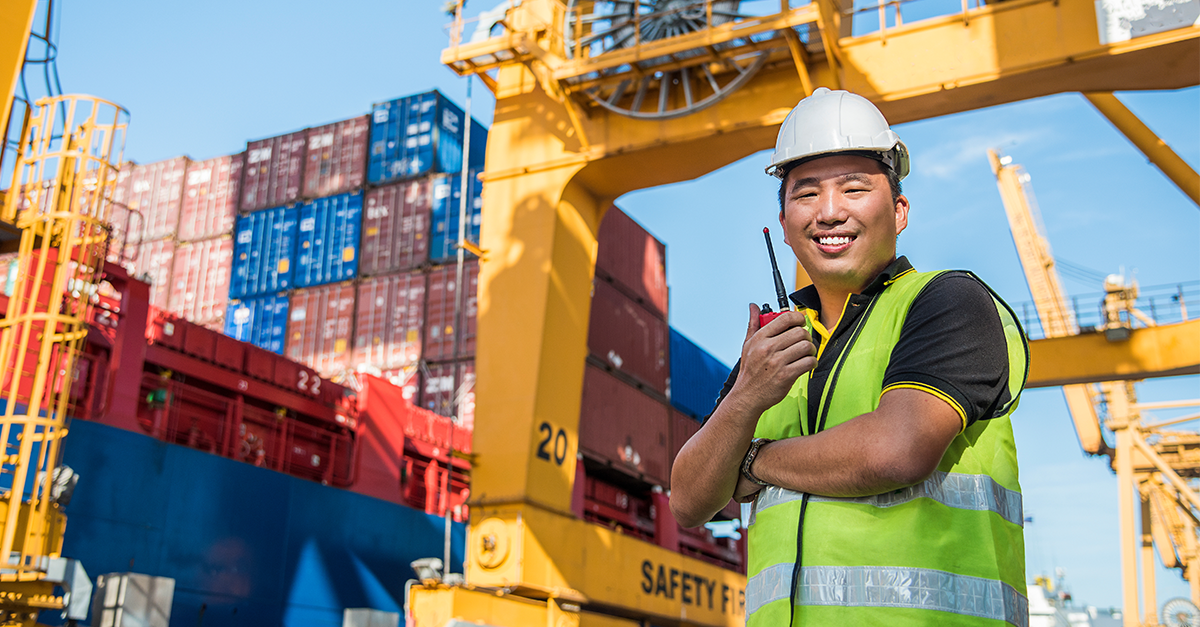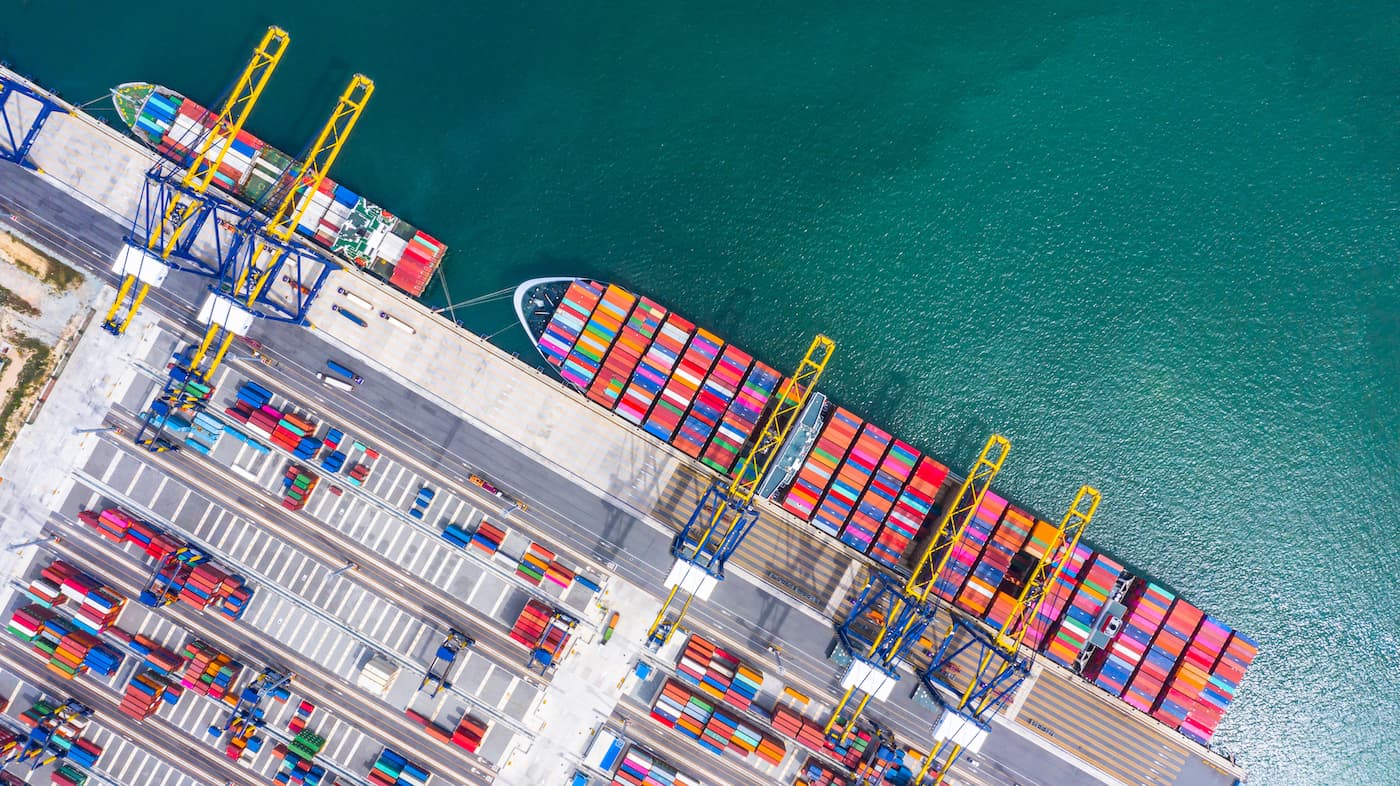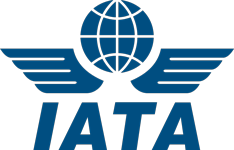Why Forward-Thinking Shippers Prioritize Air Freight
Air freight forwarding is more than just a fast shipping option—it’s a strategic tool. When used intentionally, air freight services can reduce total landed cost, accelerate fulfillment, optimize working capital, and unlock new market opportunities.
In today’s global supply chain environment—defined by volatility, demand variability, and tight delivery windows—leveraging air freight intelligently can be the competitive edge your business needs.
When Air Freight Forwarding Is the Right Strategic Choice
You already know air freight is the fastest mode of transport. But speed alone isn’t the only value proposition.
Here’s when air freight is strategically justified:
- Reducing downstream supply chain risk (delayed inventory, penalties, backorders)
- Managing unpredictable demand through short-cycle replenishment
- Improving responsiveness in volatile or seasonal markets
- Preserving product value in high-margin or time-sensitive categories (e.g., fashion drops, medical tech, premium electronics)
- Supporting lean inventory models by decreasing in-transit time and warehousing needs
Air freight may carry a premium price—but for the right SKUs, timelines, and markets, that premium translates into net savings and higher customer satisfaction.
Key Levers for Optimizing Air Freight Forwarding
1. Segmenting Air Freight by SKU Value and Demand Profile
One of the most effective strategies is to segment SKUs based on their margin impact, forecast accuracy, and urgency. High-margin, time-sensitive items are strong candidates for expedited air service, while more stable inventory can shift to consolidated or deferred air options to reduce cost.
2. Consolidation Strategies to Reduce Cost-per-Kilo
If you’re not maximizing consolidated shipments, you're likely leaving savings on the table. Experienced forwarders—like CAF Worldwide—leverage global volumes to consolidate cargo across multiple clients and origins, passing along better rates and reducing partial load fees.
Look for forwarders with:
- Consolidation hubs near your supplier base (e.g., Bangladesh, Vietnam, Cambodia)
- Strong carrier relationships to guarantee capacity
- The ability to group cargo based on clearance schedules and destination zones
3. Proactive Capacity Planning During Peak Season and Disruption Events
Air cargo capacity is dynamic—and fragile. During Q4, Lunar New Year, and unforeseen events (e.g., COVID lockdowns, Suez Canal disruption), space evaporates quickly, and rates spike.
Experienced forwarders proactively manage this by:
- Blocking space contracts in advance
- Maintaining priority access with key carriers
- Providing hybrid modal options (e.g., sea-air) to adapt to conditions
Working with a freight forwarder who understands apparel and seasonal cycles—like CAF Worldwide—means fewer surprises and stronger planning.
4. Incorporating Real-Time Visibility and Performance Tracking
Real-time visibility is no longer optional—it’s expected. Top-tier freight forwarding partners offer more than just shipment tracking. They deliver actionable insights: where your cargo is, how it’s progressing, and where potential delays may arise.
This level of insight allows your team to react in real time, improve internal communication, and proactively update stakeholders. It also supports long-term performance analysis—helping you identify bottlenecks, benchmark carrier performance, and refine logistics strategies.
5. Leveraging Air Freight for Market Expansion and Agility
For many growing brands, especially those expanding into new regions, air freight can serve as a soft launchpad. Instead of investing heavily in overseas distribution centers, companies can use air freight to test demand in new markets, fulfill small-batch orders quickly, and maintain lean operations.
This is particularly useful in industries like fashion or footwear, where speed-to-market and brand agility are critical. Air freight provides the flexibility to react to trends, capitalize on demand spikes, and avoid the risk of overcommitting to fixed infrastructure.
Air Freight for Apparel and Fashion
For brands manufacturing in Bangladesh, Vietnam, and other parts of Southeast Asia, air freight is often a necessity—not a luxury. Short production cycles, fashion seasons, and premium brand expectations make timely delivery essential.
Whether you're moving samples for a product launch, responding to a replenishment request, or mitigating factory delays, air provides a lifeline when ocean freight can’t meet the deadline. CAF Worldwide specializes in working with brands in the fashion, footwear, and accessories industries. Our deep understanding of factory cycles, shipping cutoffs, and market release schedules allows us to support our clients with tailored air freight solutions that balance cost and speed.
Partner with CAF Worldwide for Smarter Air Freight Forwarding
At CAF Worldwide, we don’t just book air cargo—we build solutions that match your supply chain goals. With nearly three decades of experience, deep regional expertise in Southeast Asia, and a global network of preferred carriers, we bring dependability, transparency, and precision to every shipment.
Ready to Elevate Your Air Freight Strategy?
Let’s talk about how CAF Worldwide can help optimize your air freight forwarding plan.
Topics: Freight Forwarding, freight management logistics, Supply Chain Optimization













 Copyright 2025 CAF Worldwide. All rights reserved.
Copyright 2025 CAF Worldwide. All rights reserved.